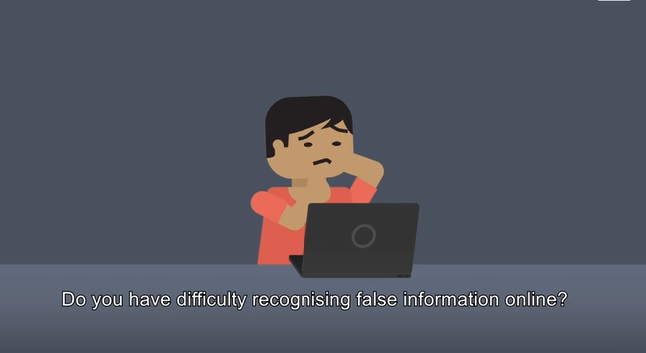Internet coalitions and social media moguls articulated their concerns regarding several portions of Singapore’s forthcoming bill entitled Protection from Online Falsehoods and Manipulation Bill tabled in Parliament Monday (April 1).
While Twitter and Google reserved their comments as they haven’t thoroughly looked at the Bill, Jeff Paine, managing director of The Asia Internet Coalition harshly reacted to the measures within the Bill and conveyed his absolute disappointment as it appears to him that there were no significant chances given to the public to air their views and to be consulted during the drafting process.
Apparently, the measures contained in the Bill would give the Singaporean Government full discretion over what can be seen as true or false, what is fake or not. In short, the government will become the sole judge of what Singaporeans should believe or not.
“As the most far-reaching legislation of its kind to date, this level of overreach poses significant risks to freedom of expression and speech, and could have severe ramifications both in Singapore and around the world,” Mr Paine said in a statement on Monday.
Broad powers
Simon Milner, Facebook’s vice president of Public Policy, in his email expressed his concerns with a few features of the Bill which grant “broad powers to the Singapore executive branch to compel us to remove content they deem to be false and proactively push a government notification to others.”
“Giving people a place to express themselves freely and safely is important to us and we have a responsibility to handle any government request to remove alleged misinformation carefully and thoughtfully,” Mr. Milner added.
Facebook has come to blows with the Singaporean Government before over take-down requests.
But according to the Ministry of Law, the platform cannot be relied upon to sort out falsehoods from what is real or shield Singapore from a false information campaign after the former refused to take down a post by the States Times Review linking Prime Minister Lee Hsien Loong with the 1MDB investigations.
Weighing the pros and cons
FB founder Mark Zuckerberg expressed his agreement and support over meaningful regulation, and is in favour of working with governments with rules on four aspects — harmful content, election integrity, privacy and data portability.
On the other hand, the Twitter camp admitted that it was the first time that it was seeing the law in its entirety and its teams “are still reviewing to assess its implications.”
Similarly, Google said it is willing to study the Bill to plan their succeeding moves. “(We) urge the government to allow for a full and transparent consultation on the proposed legislation,” a company spokesperson said. AIC, too, said it will be studying the Bill in the coming days.
The big question is — considering Singapore’s diversity, by whose standard will the government base its decisions on; what is true or not, what is genuine and what is fake, and who to believe?
Related stories:
Online fake news is top priority in 2019 SG legislation
Everything you know about Fake News is wrong
PM Lee: New laws targeting fake news will be introduced
/TISG

